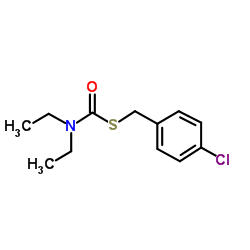| 结构式 | 名称/CAS号 | 全部文献 |
|---|---|---|
 |
涕灭威
CAS:116-06-3 |
|
 |
禾草丹
CAS:28249-77-6 |
| 结构式 | 名称/CAS号 | 全部文献 |
|---|---|---|
 |
涕灭威
CAS:116-06-3 |
|
 |
禾草丹
CAS:28249-77-6 |